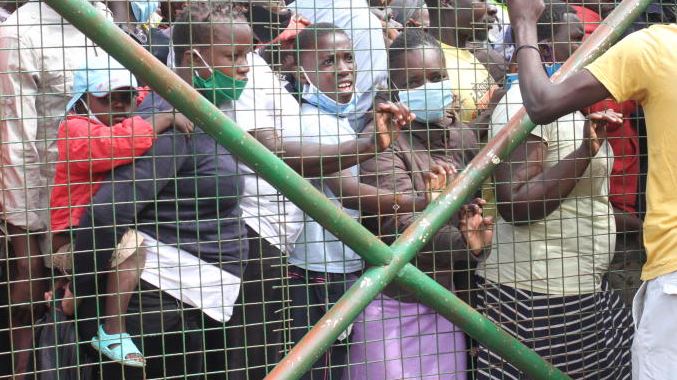×
The Standard e-Paper
Smart Minds Choose Us

The education calendar is the clearest deferred agenda in Kenya following the advent of the new coronavirus disease (Covid-19), two months ago.
Yet Kenya’s postponed agendas are many. They are rife with acute headaches for the Jubilee government expected to steer the country to safe havens.